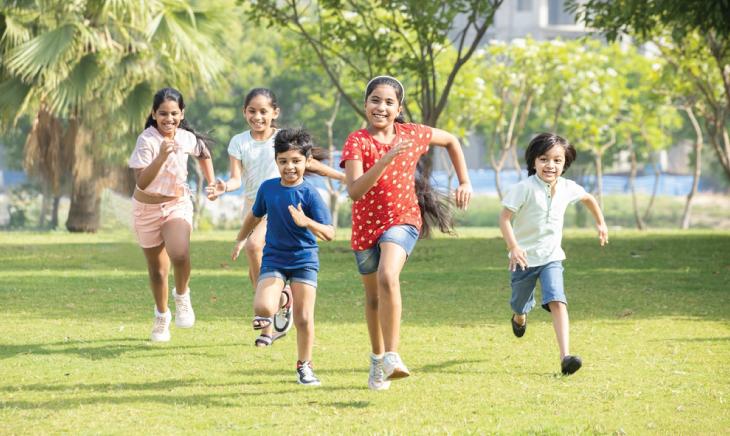Impact of gated communities on children’s social skills

Impact of Gated Communities on Children’s Social Skills
In recent years, gated communities have become popular residential choices due to their enhanced security, amenities, and serene environments. But for families with children, the choice of living in a gated community brings a unique set of considerations, particularly regarding how it affects children’s social development. This article explores the impact of gated communities on children’s social skills, examining both the benefits.
1. Enhanced Security and Parental Confidence
One of the primary appeals of a gated community is the high level of security it offers. With controlled access points, surveillance, and dedicated security personnel, parents feel reassured about their children’s safety. This confidence often leads to greater freedom for children to explore the community without constant supervision. As a result, children can participate more freely in outdoor activities, which are crucial for developing interpersonal and cooperative skills. By joining in neighborhood games and group activities, children gain confidence in interacting with peers, fostering independence and social resilience.
2. Accessible Peer Interaction and Social Opportunities
Gated communities often come with amenities like playgrounds, swimming pools, and sports courts, which naturally encourage children to spend time with others. Shared spaces make it easier for kids to meet peers of similar ages, helping them form friendships and interact regularly. These community spaces become social hubs where children can practice essential social skills such as sharing, teamwork, and conflict resolution. Additionally, the convenience of having friends nearby enhances the regularity and consistency of social interactions, which is key for building meaningful relationships.
3. Structured Activities and Social Skill Development
Many gated communities organize events, classes, and holiday celebrations, giving children structured opportunities to engage with others. These events not only bring the community together but also give children a sense of inclusion and belonging. Through participation in group activities, children develop key social skills like communication, empathy, and cooperation. Events within the community provide structured social settings where children learn to interact with diverse groups of people, preparing them for the social dynamics they’ll encounter in school and beyond.
4. Diversity and Exposure to Different Cultures
Gated communities often attract families from various backgrounds and cultures. This diversity can be beneficial for children’s social development, as they gain exposure to different cultural values, traditions, and perspectives. By interacting with peers from diverse backgrounds, children develop a broader understanding of the world, empathy for others, and respect for cultural differences. Learning to appreciate diversity early on prepares children to adapt to varied social settings, helping them become more inclusive and open-minded individuals.
5. Balancing Gated Community Life with Broader Social Exposure
To ensure that children in gated communities develop well-rounded social skills, parents can encourage activities outside the neighborhood. Enrolling children in extracurricular activities such as sports, arts, or academic clubs outside the community can broaden their social experiences. Volunteering, cultural events, and community service activities can also provide valuable interactions beyond the gated community, helping children develop a balanced perspective.
Conclusion
Gated communities provide a safe and supportive environment that can positively impact children’s social skills by offering accessible peer interaction, structured activities, and exposure to diversity. However, it is essential to balance these benefits with broader social experiences to prevent limitations in social exposure. When parents encourage both in-community and out-of-community social interactions, children can grow into adaptable, socially skilled individuals prepared for the diverse experiences life will bring.
Excerpt
Gated communities provide more than just security; they create an environment that supports children’s social growth. With safe play areas, structured spaces, and close-knit communities, children have more opportunities to interact, communicate, and build friendships. These communities foster essential social skills—such as teamwork, empathy, and confidence—helping kids thrive socially. From playground interactions to neighborhood events, gated communities offer a nurturing setting where children can develop the skills needed for strong interpersonal relationships and emotional well-being.
